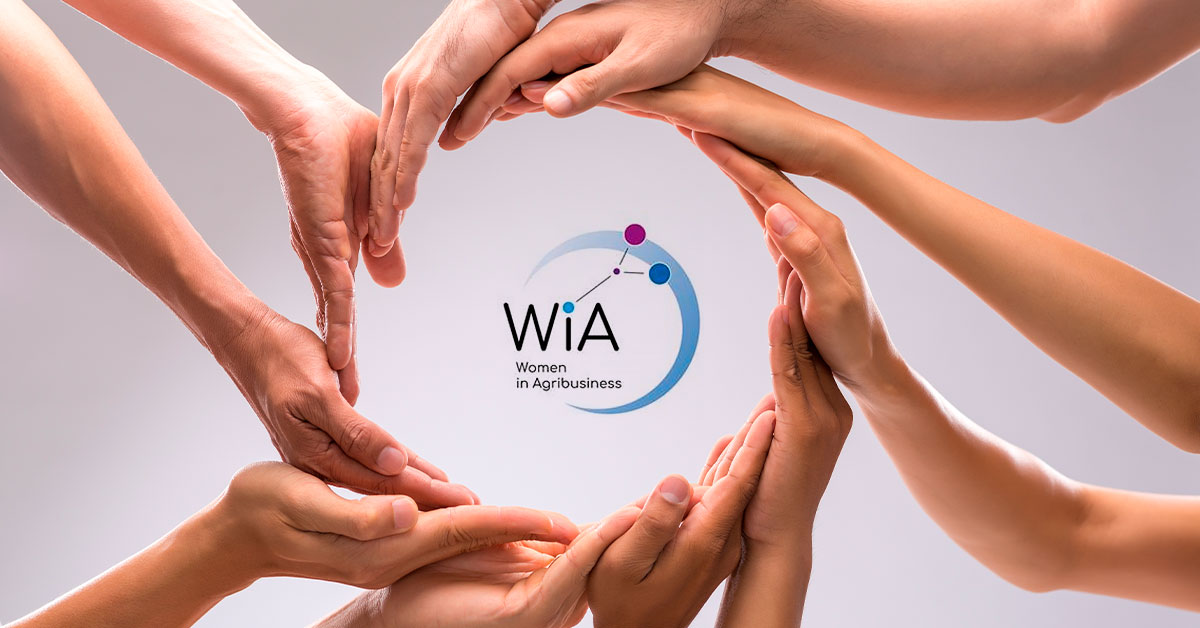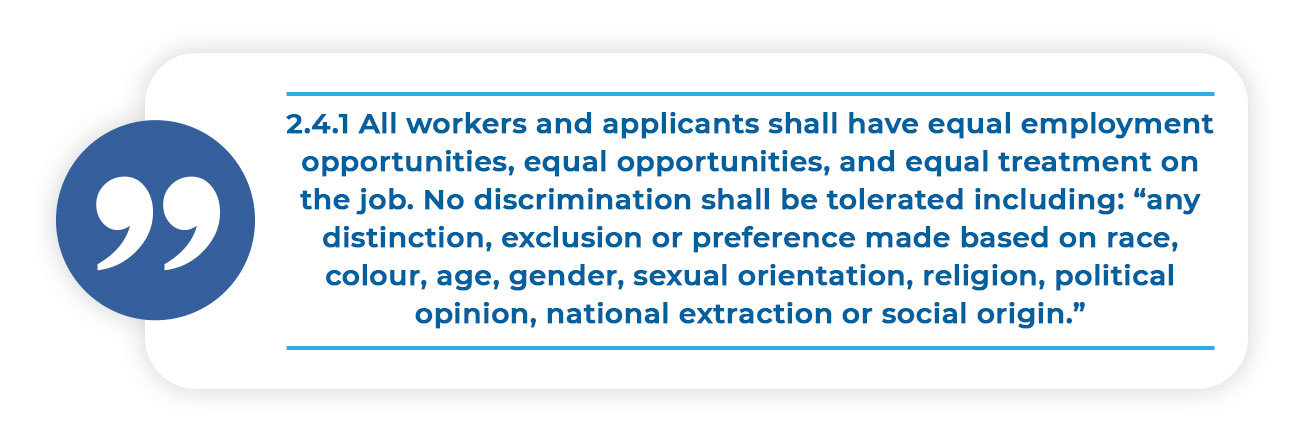Empowering women in the agricultural sector

On 26th of March, Emese Van Maanen, ProTerra´s Managing Director, was invited to participate in a networking event organized by Women in Agribusiness (WiA)[1] – association aimed at building a stronger community of women across the agri-food sector, through initiatives that provide educational, career, and networking opportunities.
The event was held completely online for the first time since the network was created in 2017. The 40 specialists and management women in the agriculture sector, who participated in the event, had the chance to digitally interact and discuss about interesting themes such as analyses and trends of the biodiesel market or creative tools we can use for online events.[2]
Gender equality and non-discrimination in the ProTerra Standard
ProTerra Foundation acknowledges the large contribution women make to the agriculture sector, and believes it is essential to strengthening women and gender equality as a key criterion in ProTerra Certification Standard.
Sustainable development aims to end discrimination no matter if this is racial, based on skin colour, age, gender, sexual orientation, religion, political opinion, national extraction or social origin.
This is also reflected in Principle 2 of the ProTerra Standard[3], especially in Indicator 2.4 “Equal opportunities and treatment for workers”:[4]

The 2020 report[5] of the Joint Programme “Gender Transformative Approaches for Food Security, Improved Nutrition and Sustainable Agriculture (JP GTA)”[6], implemented in 2019 by FAO[7], IFAD[8] and WFP[9] (funded by the European Union), highlighted the hard consequences rural women have been facing due to COVID-19 pandemic, especially rising discrimination and violence, due to gender inequality. Conventional methods seem to fail, and the rules of engagement must be changed, as Benjamin Davis, Director of the Inclusive Rural Transformation and Gender Equity Division (FAO), pointed out: “we must do more to address those social norms, attitudes, beliefs and value systems that lie at the heart of gender inequalities, impede women’s empowerment and have detrimental consequences not only for women, but also for households, communities, institutions and food systems at large.”[10]
Actions to enhance gender equality and empowerment of women in the agriculture sector include: [11]
- Providing more equitable access to employment opportunities, assets and services;
- Improving access to resources, technology, education and training;
- Engaging with supportive communities, policies and organizations.
The ProTerra Certification ensures that certified organisations provide safe working environments, safeguarding the rights and well-being of workers, specifically:
- Equal opportunities and treatment;
- Qualification, working experience and training;
- Safety and health of workers;
- Training in health and safety;
- Parental leave;
- Freedom to organize, join and form associations.